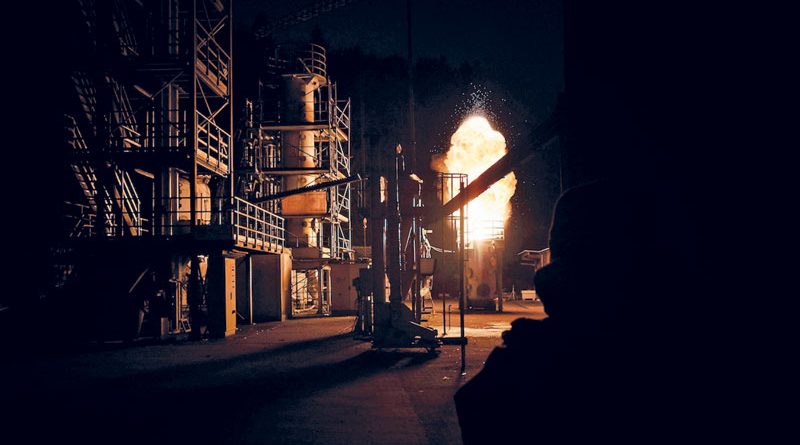Powders Which Risk Exploding
Powder explosions are an underestimated risk which concerns many industrial processes. Paolo Chechi, managing director of Erigo, explains how risk analysis and technology may protect the safety of persons and the efficiency of plants
by Roberto Guccione
A treacherous risk, difficult to foresee and complex to neutralise effectively: powder explosions concern many industrial processes, especially those which concern organic substances (including plastics) and metals, but this risk is still not adequately perceived in spite of the fact that the effects may be disastrous in terms of damages to plants, accidents involving persons and the release of hazardous substances. Even though the European Atex (Atmospheres Explosibles) directive was transposed into Italian law in 1998 and as from 2016 has been included in the Consolidated Act on the prevention of fire, a widespread awareness is still lacking as regards the explosion risks caused by powders which build up during industrial processes. We tackled this issue, which closely concerns the value chain of ferrous and non-ferrous metal machining, with Paolo Chechi, founder and managing director of Erigo, and engineering and consulting company based in Gorgonzola (Milan) which as from 2000 operates in the protection of industrial plants from the risk of powder explosions. “The fine powders of oxidizing metals are highly explosive”, Paolo Chechi explained, “and with respect to organic substances, temperatures at stake are much higher, in the 1000 °C range as opposed to the 400 °C or thereabouts for cereal flour”. The explosion is an exothermic chemical reaction which generates a fast increase in pressure and temperature. It is a concrete risk for loose and confined material: in the presence of a source of ignition, such as a weak electrostatic discharge caused by the friction between the powder particles themselves, it may explode.
Erigo, for almost twenty years, has been standing by the side of all sorts of industrial companies in preventing this risk, providing an all-round service which goes from risk analysis according to legal prescriptions right p to the design supply and start-up of protection solutions.
Aluminium and alloys, beware of powders
According to the norms, aluminium powders present a very high potential risk of explosion but this is strongly linked to the size of the powder granules (the decrease in size of the granules increases the risk of explosions) and to the conditions of confinement. “Generally”, Chechi explains, “aluminium powder falls within the ST1 explosive limit, the lowest one, but in some cases it reaches the ST3 limit, the highest one, and often the company is unaware of this. For this reason a risk analysis of the production process, carried out according to the Atex logic, is essential: this should start from the explosive properties and flammability of the substances being examined. Once the critical issues of the process are known, it is possible to define the countermeasures and to prepare the document outlining protection from explosions which can then be shared with the appropriate authorities and organisms. Countermeasures must therefore be “tailored” to every company’s needs and in many cases involve limited investments, such as, modifying the production process to prevent dangerous powder build-ups”. If necessary, Erigo can design and provide made-to-measure protection solutions using both passive systems, based on protective barriers, panels designed to relieve overpressure and insulating systems with back-flap valves, and active, HRD (High Rate Discharge) systems. As Chechi explained: “We use HRD systems produced by the Czech manufacturer Rsbp, our partner ever since 2008. This si a sensor network which every 0.5 milliseconds measure the changes in pressure within the plant and if it detects anomalies, within 1.5 milliseconds the system immediately inputs extinguishing material which nips the explosion in the bud”. The advantage is preserving the plant, which may rapidly resume production. Every solution is in any case accurately evaluated and chosen together with the client, in order to optimize the investment without compromising on security.

